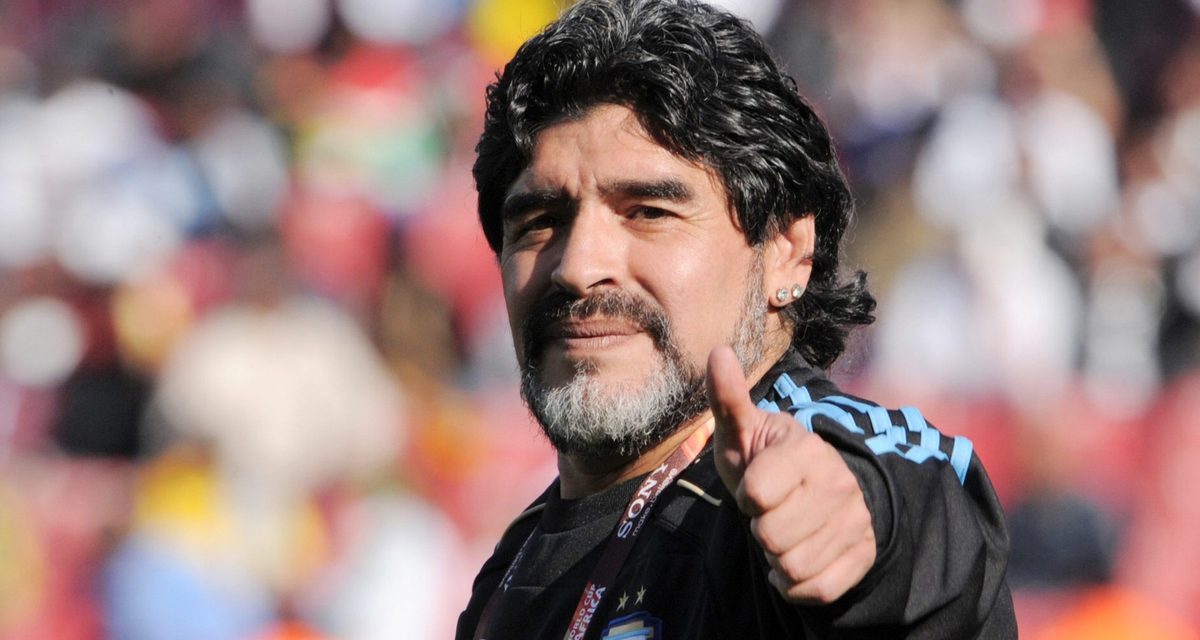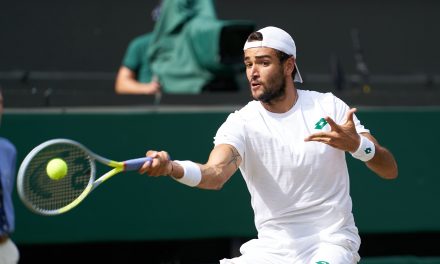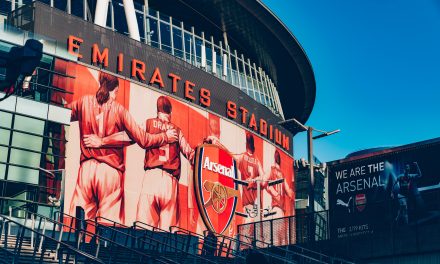Former Argentina international and football legend Diego Maradona has officially passed away at the age of 60 after succumbing to a heart attack.
The Argentine, who had been Gimnasia head coach, had been admitted to the hospital in early November just a few days after celebrating his birthday, which was on October 30, with complaints of fatigue.
La Plata clinic, where he was hospitalized, confirmed that there was a blood clot in his brain, which was also revealed that an operation was performed on it and was successful.
The Argentine legend was then released from the clinic as an outpatient to spend his time recovering from the operation, which was reported to be done in a private neighborhood close to Tigre, Buenos Aires.
Things took a different turn on Wednesday morning when he had a cardiac arrest and the paramedics, who arrived at the scene; we’re unable to bring him back to life.
The national team’s Twitter account for Argentina announced the news to the public on Wednesday, saying goodbye and paying their tributes to one of the greatest footballers of all time.
The message on the Twitter account wrote: “You will be eternal in every heart of the football world.”

Jun 30, 2018; Kazan, Russia; Diego Maradona in attendance in the round of 16 during the FIFA World Cup 2018 between France and Argentina at Kazan Stadium. Mandatory Credit: Tim Groothuis/Witters Sport via USA TODAY Sports
Following that was Argentina Football Association president Claudio Tapia, who also expressed his deep regret after learning of Maradona’s passing.
The Argentine started his professional football career path with Argentinos Junior at the age of 16 and from there slowly build up his career to become one of the greatest players to ever grace the football pitch.
He spent five years with Argentinos before opting to join Boca Juniors, where he spent only one season and traveled to Spain to join Barcelona, where best online casinos usa had massive predictions for the fans of football at the time.
He helped the Spanish club lift the Copa del Rey, Spanish Super Cup, and the League Cup. He moved to Italy to sign for Napoli, helping them lift two Serie A titles, one Coppa Italia, one Super Italian Cup, and finally one UEFA Cup. He later represented Sevilla and Newell’s Old Boys as a player before finally returning to Boca Juniors, where he retired as a player.
In his managerial path, he managed Raging Club, Dorados, Gimnasia, and the Argentina national team.
His time with the Argentina national team, however, was the most memorable and also made his name immortalized in the football world.
Being the team’s captain, Maradona was pivotal as he led the Albiceleste to secure their second World Cup title in 1986, after claiming a victory against West Germany in the final match with Carlos Bilardo as a manager at the time.
He finished behind England’s Gary Lineker as the second top scorer in the tournament with his five goals. The Albiceleste were paired against England in the quarter-finals of the tournament, that match later became the most iconic match in the 90-year history of the World Cup, in which online casino south africa covered odds.
The match ended in a 2-1 victory with Maradona, who was Argentina No.10 player at the time, scoring both goals for his team, his first goal in the match was later dubbed ‘Hand of God’ while the second, where he dribbled past several opponents, went on to be the ‘Goal of the Century’.
In the next World Cup tournament, Maradona led his team to their second World Cup final, but this time they were unable to defeat West Germany.











